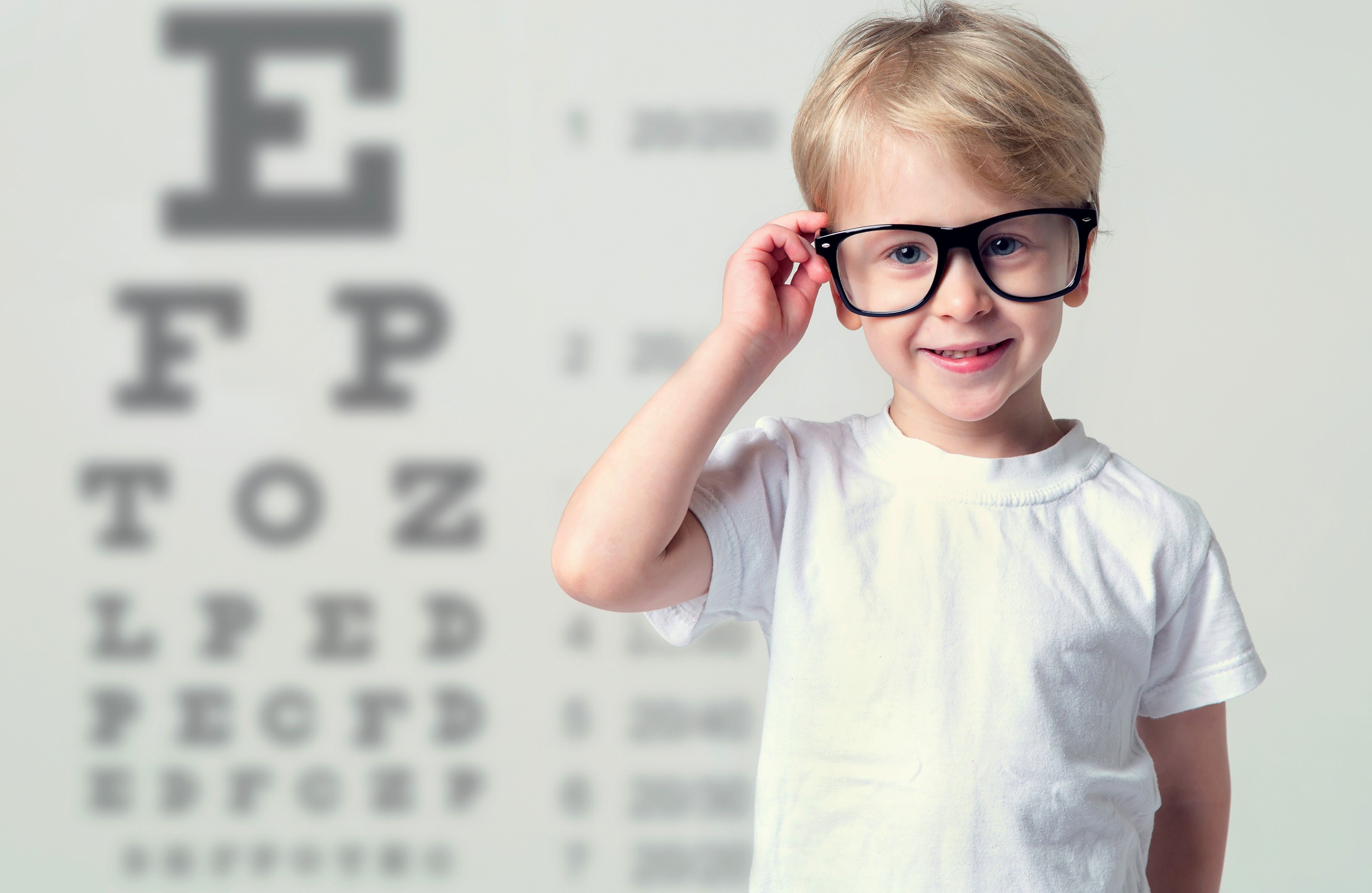Children's Vision: What Parents Need to Know
Your child’s vision is crucial to their learning and development. While some visual problems can be obvious, others are easy to overlook. Children often don’t know any different, and therefore don’t complain. They get pretty good at adapting. However, this adaptation, while helpful, often requires a great deal of effort.
Even if a child can compensate, the effort they expend can still affect their learning and development. So, the sooner you can identify the signs of vision problems, the better!
Learn More about how vision impacts learning.
Pediatric Vision Development
It is important to watch your baby’s development to ensure they reach their milestones.
A child’s vision is a complex combination of the brain, the eyes and the vast array of nerves that connect them. At birth, this visual system is still immature and continues to develop throughout the child’s early years.
Clear vision is an integral part of a child’s healthy development.
Healthy eyes and good vision are vital components that enable the successful achievement of many important milestones. Learning “how to see” and being able to interpret visual information, to understand what is going on in the environment, are crucial factors in successfully reaching the development of the visual system.
Visual skills, such as binocular vision, accurate eye movements, and the ability to change focus to see near and distant objects, are necessary for observing, imitating, learning, playing, and more.

When does vision development begin?
Vision development begins in the womb and continues throughout childhood and adolescence. The development of a mature visual system is especially critical within the first six years of life.
Considered the “vulnerable period”, the first six years is when a child’s development is most vulnerable to the effects of the various threats to their eye health and vision. Any change in vision or ocular health can inhibit a child from developing the necessary visual skills and cause developmental delays.
Parents play a vital role in their child's vision development:
- Watch for signs vision problems.
- Schedule a first eye exam at around 6 months of age.
- Follow your eye doctor's advice on an appropriate schedule of exams.
- Engage in parent-play age-appropriate activities that can stimulate your child’s vision, such as swing mobiles, soft toys, and playful games.
- Allow children to safely explore and interact with their natural environment, such as playing in a sandbox or climbing a tree.
- Provide challenging physical experiences, such as riding a tricycle and catching balls.
- Increase the visual demand of play and activities, such as sports and flashcards.


